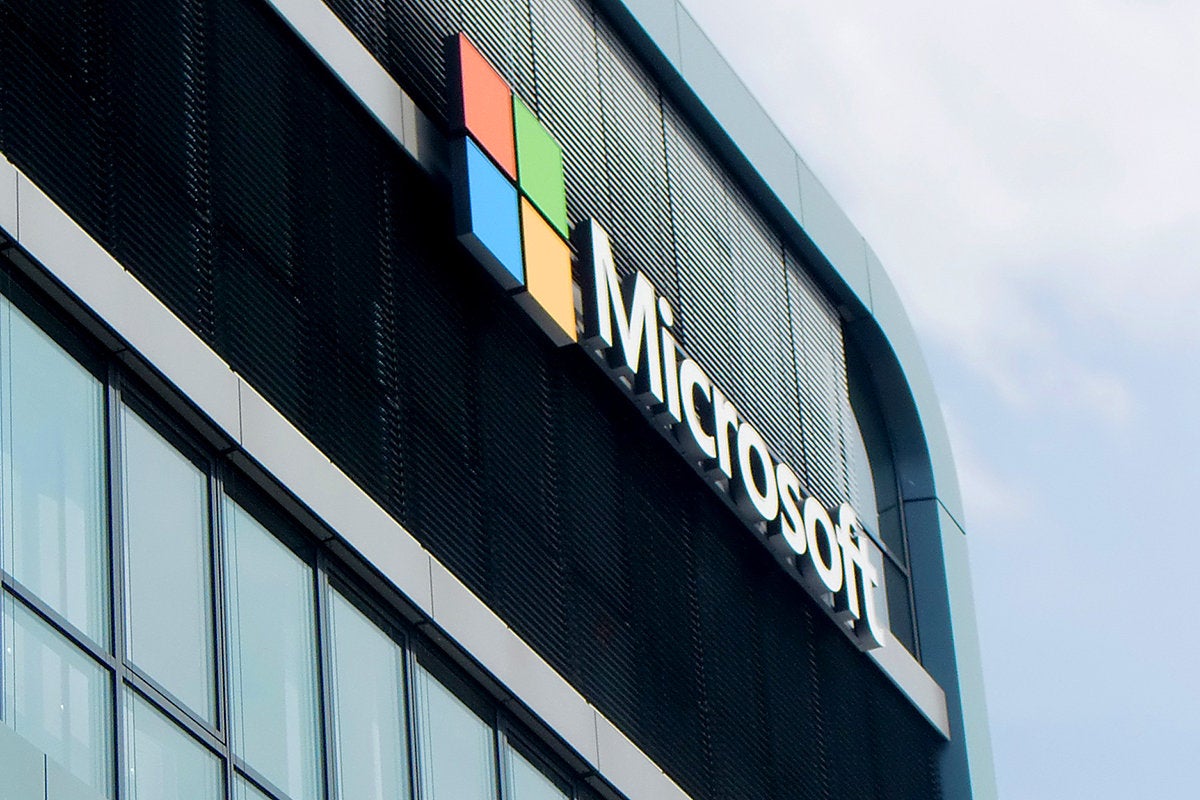Microsoft is pulling back on hiring quotas for its Windows, Office and Teams chat and conferencing software groups.
The company is apparently readjusting staffing needs in reaction to a global economy that's been buffeted by rising prices, supply chain problems, and spillover effects from war in Ukraine. The move was first reported by Bloomberg.
"As Microsoft gets ready for the new fiscal year, it is making sure the right resources are aligned to the right opportunity. Microsoft will continue to grow headcount in the year ahead and it will add additional focus to where those resources go,” the company said in a statement.
Microsoft's share prices are down so far this year, from around $337 per share in early January to about $265 a share today, according to Markets Insider. (Financial markets overall are down for the year as well.)
Microsoft is not alone. A handful of other big-name tech companies have acknowledged similar moves on hiring – the latest being Salesforce and software and graphic card maker Nvidia, which during its earnings call Wednesday said: “We're slowing for now to integrate these new employees and to focus our budget on taking care of existing employees as inflation persists."
Other companies to announce hiring slowdowns include Lyft, Snap, Uber, Meta, Salesforce, and Coinbase — all have made similar moves amid tumbling share prices, according to Protocol.
Staffing issues at Microsoft and a handful of other companies do not necessarily reflect the larger tech job market as a whole. The number of job openings was at a high of 11.5 million at the end of March, according to the US Bureau of Labor Statistics (BLS). Meanwhile, in each of the past six months, more than 4 million people have quit their jobs, according to the agency.
In technology, the talent shortage is far worse than in most other industries. While the US unemployment rate hovers around 3.6%, for the tech industry it’s 2%, according to CompTIA, a nonprofit association for the IT industry and workforce.
That's prompted employers throughout the US to step up their search for workers — and to revisit the qualifications (such as a four-year college degree) they require.
Meanwhile, at Microsoft all new hires must be approved by Executive Vice President Rajesh Jha and his leadership team, according to Bloomberg.






